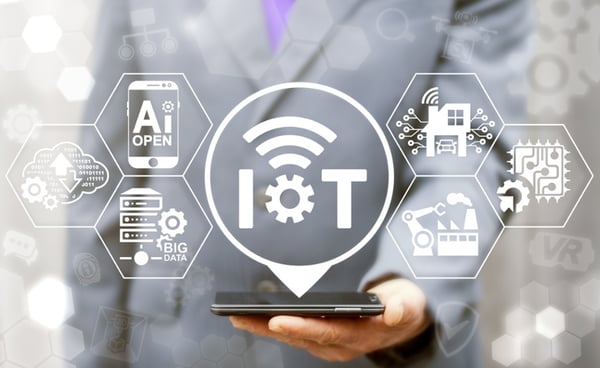
Internet of Things (IoT) has become a buzz in this digital era. It is among the technology trends to watch in the next decade. Internet of Things is making the world more connected with nearly every device today connected to the internet.
The fast adoption of this technology has changed many industries for the better. It has helped businesses to discover innovative and efficient ways of doing things, the fleet management industry being on top of the beneficiaries. What is the role of IoT in fleet management?
Increases Efficiency
Fleet management involves making maximum use of the fleet, vehicles' performance, and increasing output while reducing waste. To do so, the fleet management team must keep constant track of the fleet's current location, usage, and demand location in real-time.
The team can't identify where each vehicle is at a time and it's usage, but IoT comes in to make things more accessible using system sensors. The fleet managers can monitor the IoT-enabled fleets and get the reports in real time.
Reduces Operation Costs
Reducing operation cost has been a significant struggle in the fleet management industry. The task is demanding, and in most cases, businesses incur more operation costs than the returns.
Every company aims to reduce costs while complying with all the environmental and safety regulations. Meeting a balance between the various aspects of fleet management such as driver performance, fuel consumption, and vehicle management is crucial but can be a hard nut to crack.
The Internet of Things comes in to connect applications and make data collection easier and cost-effective.
Better Customer Services
By collecting data in real-time, businesses are in a better position to offer customers accurate feedback. For example, they can use cloud-based GPS to automate shipping times and ensure timely delivery of products. Moreover, they will be sure that they have the right number of vehicles on the road.
What's more? Drivers know that they are being monitored and will not do anything that would mess their jobs. They will behave accordingly while on the road and always avoid idling and time wastage, thus better and fast services.
IoT for Drivers' Safety
IoT comes in handy to curb the continually increasing cases of motor vehicle accidents and deaths. With this technology, you can access the real-time GPS location of the fleet. You may also incorporate fleet tracking software to monitor the driver's behavior on the road and ensure safety compliance.
This reduces the risk of crashes. IoT telematics allows you to collect essential data such as harsh acceleration and speed limit and, in return, keep drivers on the right track. In case of an accident, the hardware sends you an alert immediately, indicating that there has been a collision, and you can take immediate action.
You may also incorporate IoT and fleet safety program to monitor vehicles' conditions to get an alert when they need checkups and maintenance. This helps to reduce the chances of unexpected breakdowns while on the road.
Maximize Fuel Efficiency
Fuel price is a major cause of setback in the transportation industry. Fleet managers are always looking for ways to reduce fuel waste while maximizing efficiency.
IoT can help ensure this by using sensors to help fleet managers collect real-time data on braking, acceleration, time wastage, and other drivers' habits that affect fuel usage. They can use such data to advise drivers to make behavioral changes to maximize fuel efficiency.
Final Thoughts
Considering the benefits of IoT in the fleet management industry, it is safe to say that this technology is the best practice any fleet-handling business can adopt. Besides saving costs and enhancing process efficiencies, IoT promotes flexibility, which is crucial, especially after the COVID-19 disruption, which has left businesses struggling to adopt the new normal.
For customized fleet management guidance, do not hesitate to contact us at Wilmar and let our experts answer any questions you may have on IoT in fleet management.






